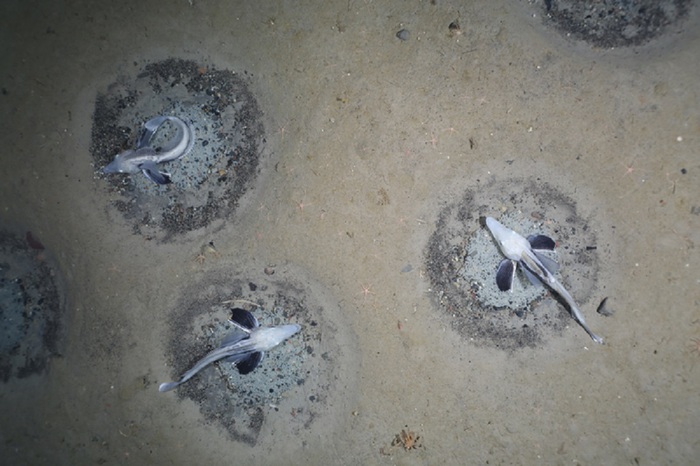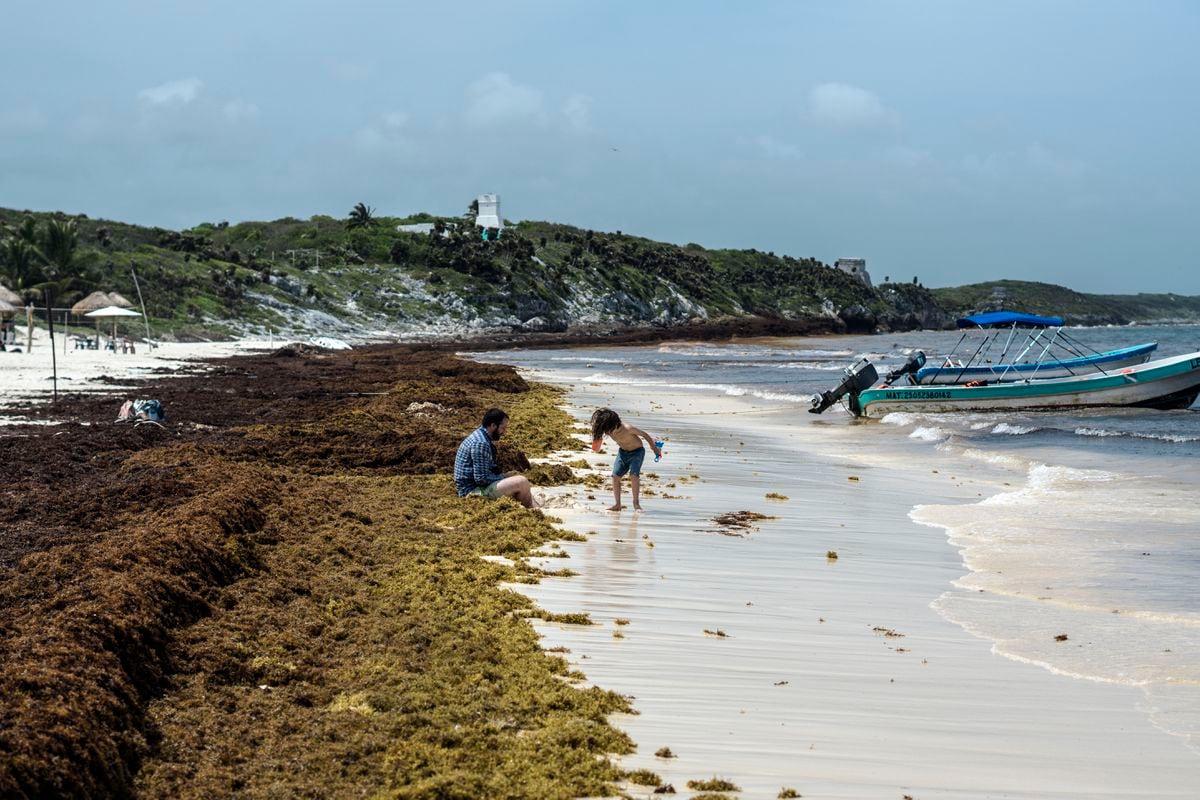The largest fish breeding area in the world has been discovered in Antarctica: 60 million Icefish nests, as semi-transparent fish are called because they have hemoglobin-free blood, typical of Antarctic seas.
The nests are spread over an area of 240 square kilometers, one every 4 square meters.
This was discovered by the German research expedition, organized by the Alfred Wegener Institute, the results of which are published in the journal Current Biology.
Cameras placed a few meters from the seabed and pulled by the oceanographic research ship showed images of an endless expanse of nests, each controlled by a fish: small holes 15 centimeters deep and 75 wide, each containing about 2,000 eggs. Unexpected images, which German researchers observed for hours from video cameras towed between 535 and 420 meters deep, in the Weddell Sea, in the Southern Ocean.
"There was literally no end," commented Autun Purser, the biologist leading the research team. The nests occupy an area approximately equivalent to that of the Island of Elba and it is estimated that there are 60 million nests, all of the Channichthyidae family, commonly called icefish. It is the largest fish nesting area ever discovered and a treasure to protect, the researchers note.
By monitoring the movements of Weddell seals, the most common in Antarctica, with GPS and cameras, the research has also shown that the newly discovered breeding area is the preferred destination for capturing activities.
"Now that we know the location of this extraordinary breeding colony, it is vital to ensure that no fishing is carried out there," commented Director of the Alfred Wegener Institute, Antje Boetius.
"So far - he added - the remoteness and difficult conditions have protected the area, but with the growing pressures on the ocean and the polar regions we must be more ambitious in marine conservation measures".


/cloudfront-eu-central-1.images.arcpublishing.com/prisa/DBT2OEOLXBGZTLYKDBM2FWSJNM.jpg)





